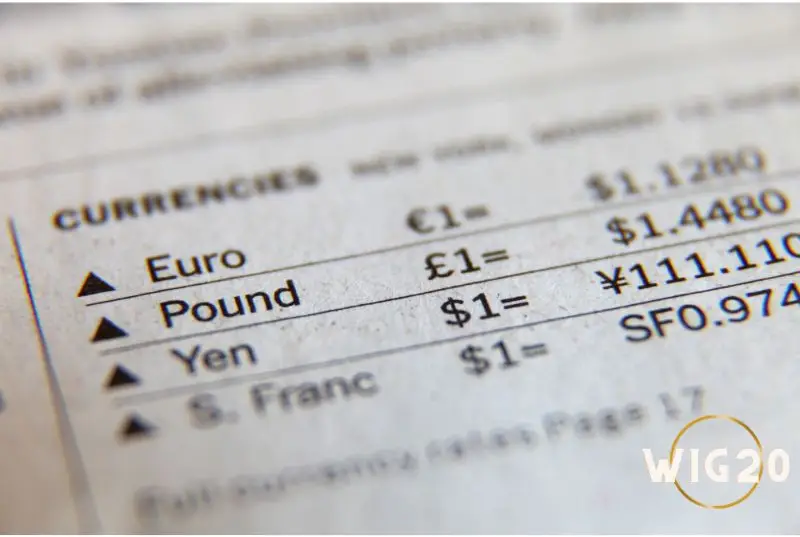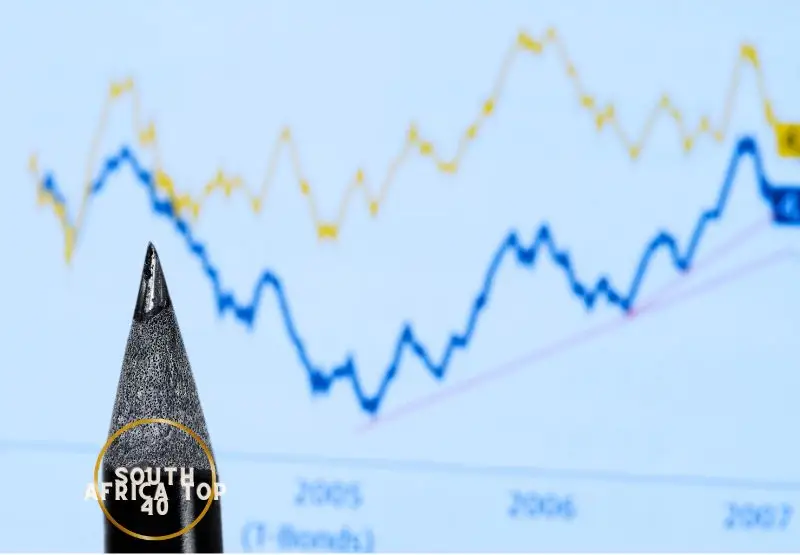Swiss Market Index (SMI)
The Swiss Market Index (SMI) is a key stock market index that tracks the performance of the largest and most liquid stocks listed on the Swiss Exchange. It consists of 20 blue-chip companies from various sectors, making it a reliable indicator of the Swiss equity market.
Investors often turn to the SMI for exposure to Switzerland’s top-performing companies, including industry giants like Nestle, Novartis, and Roche. The index is weighted by market capitalization, giving more influence to larger companies in determining its overall performance.
Market analysts closely monitor the SMI for trends and insights into the Swiss economy. Fluctuations in the index can be influenced by global economic conditions, geopolitical events, and company-specific news affecting its constituent stocks.
- The SMI offers diversification across industries and sectors within Switzerland.
- It provides a benchmark for investors looking to compare their portfolios’ performance.
- The index is rebalanced quarterly to ensure representation of the current market landscape.
Opening hours SMI
The Swiss Market Index (SMI) is the main stock market index in Switzerland. It consists of the 20 largest and most liquid stocks traded on the SIX Swiss Exchange. The trading hours for the SMI are from Monday to Friday, starting at 9:00 AM and closing at 5:30 PM.
Why invest in the SMI
Investing in the SMI provides investors with exposure to some of Switzerland’s leading companies across various sectors such as healthcare, finance, and consumer goods. The index is known for its stability and consistent performance over time, making it an attractive investment option for those looking for long-term growth.
Major stocks on the SMI
Some of the major stocks included in the SMI are Nestle, Roche Holding AG, Novartis AG, and UBS Group AG. These companies have a significant impact on the Swiss economy and play a crucial role in driving market movements.
Stock index in Switzerland
The Swiss stock market is regulated by the SIX Swiss Exchange, which is one of Europe’s leading trading platforms. In addition to the SMI, there are other indices such as the Swiss Performance Index (SPI) and the Small & Mid Cap Index (SMIM) that cater to different segments of the market.
Swiss Market Index (SMI) in Switzerland
The Swiss Market Index (SMI) is the most important stock market index in Switzerland, consisting of the 20 largest and most liquid stocks listed on the SIX Swiss Exchange. The SMI is a regulated indice that provides a benchmark for the Swiss equity market.
Regulation of SMI
The SMI is regulated by SIX Swiss Exchange, which ensures that the index accurately reflects the performance of the Swiss stock market. The composition of the SMI is reviewed quarterly to ensure it remains representative of the market.
Criteria for Inclusion
- Market Capitalization: Stocks included in the SMI must have a significant market capitalization.
- Liquidity: Stocks must have sufficient trading volume to ensure liquidity.
- Sector Representation: The index aims to include stocks from various sectors to provide diversification.
Impact on Investors
For investors, the SMI serves as an important benchmark for evaluating the performance of their Swiss equity investments. It also provides insight into the overall health of the Swiss economy and stock market.
Conclusion
In conclusion, the SMI plays a crucial role in the Swiss financial markets as a regulated indice that represents a diversified portfolio of large-cap stocks. Its regulation ensures transparency and accuracy in reflecting market performance.
Discover the Swiss Market Index (SMI)
If you’re looking to invest in the Swiss stock market, the SMI is a great place to start. The SMI is an index of the top 20 largest and most liquid stocks listed on the Swiss Exchange. It provides a snapshot of Switzerland’s economic performance and can be a valuable indicator for investors.
To trade on the SMI or any other international stock market, you’ll need to sign up with an English stock trading platform that offers access to global markets. Platforms like Interactive Brokers, TD Ameritrade, or E*TRADE are popular choices for traders looking to diversify their portfolios.
- Create an account on the chosen stock trading platform by providing your personal information and funding your account.
- Verify your identity and complete any required compliance checks to ensure regulatory compliance.
- Once your account is set up, you can start trading on the SMI and other international indices by placing buy or sell orders through the platform’s trading interface.
Don’t miss out on the opportunity to explore the potential of the Swiss stock market with the SMI. Sign up on an English stock trading platform today and start building your investment portfolio.
Summary of SMI in Switzerland
Swiss Market Index (SMI) is the most important stock market index in Switzerland. It consists of the 20 largest and most liquid stocks listed on the SIX Swiss Exchange. The SMI is a key indicator of the Swiss economy and provides investors with a snapshot of the overall performance of the Swiss stock market.
- Diverse Sector Representation: The SMI includes companies from various sectors such as healthcare, finance, consumer goods, and technology, providing investors with diversification opportunities.
- Blue-Chip Companies: The index is dominated by blue-chip companies like Nestle, Novartis, and Roche, which are considered to be stable and reliable investments.
- Liquidity and Transparency: The SMI components are highly liquid, making it easier for investors to buy and sell shares. Additionally, the index is transparent and closely monitored by financial regulators.
- Market Performance: The performance of the SMI is often compared to other major indices like the S&P 500 or FTSE 100. It is used by analysts to gauge investor sentiment in Switzerland.
In conclusion, the Swiss Market Index plays a crucial role in the Swiss financial markets by providing investors with a benchmark for measuring performance and making informed investment decisions. Its diverse sector representation, inclusion of blue-chip companies, liquidity, transparency, and market performance make it an essential tool for both domestic and international investors interested in the Swiss stock market.















































